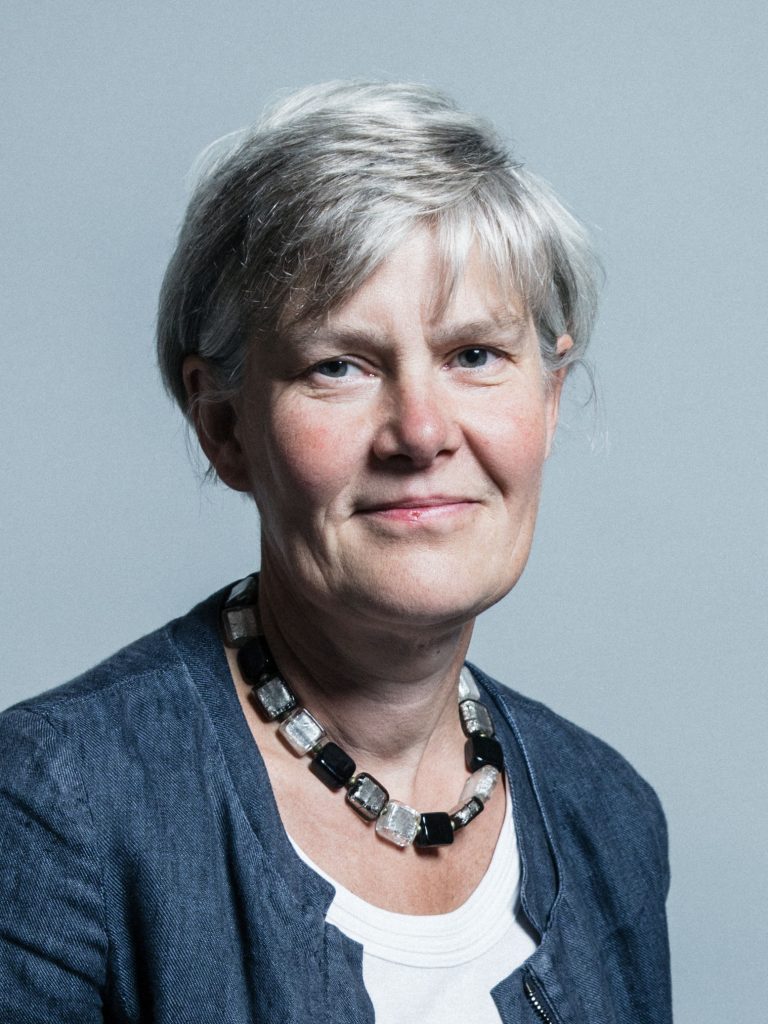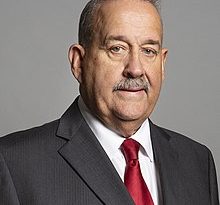Kate Green – 2022 Speech on Srebrenica
The speech made by Kate Green, the Labour MP for Stretford and Urmston, in the House of Commons on 14 July 2022.
It is a great honour to speak in this debate, and particularly to speak after the contributions of my hon. Friends—if I may say that of both ladies—the Member for Bolton South East (Yasmin Qureshi) and the Member for Rutland and Melton (Alicia Kearns), who has done an enormous amount in her short time in this House to ensure that Bosnia is indeed not forgotten here.
Some years ago, I visited Bosnia with the charity Remembering Srebrenica, and I am very proud to be its ambassador in the north-west. I pay tribute to all who contributed to our commemorative event in Manchester cathedral last Thursday. I was very sorry that my hon. Friend the Member for Bolton South East could not be with us because of her brother’s illness, and I give her my deep condolences on his death. I pay particular tribute—I know my hon. Friend will join me in this—to Elinor Chohan MBE, the chair of Remembering Srebrenica in the north-west. She does exceptional work to educate and raise awareness of the genocide and of the need to bring peace to the Balkan region, and to make sure that young people in this country, in particular, understand the horror of genocide and why it must not happen again.
No one who has visited Srebrenica can come away anything other than appalled at the massacre of more than 8,000 Muslim men and boys on European soil 27 years ago. As we have heard, 27 years is not long; many of us still clearly remember those events. We remember, too, that a reason for our exceptional horror was that we had believed in the vow made after the holocaust—never again. Yet Srebrenica showed us how easily and quickly that pledge could be forgotten, and is still in danger of being forgotten, or ignored, today. The actions of Republika Srpska, and the rise of a Serbian nationalist narrative that seeks to rewrite history—to deny the fact of the Srebrenica genocide, despite Srebrenica being one of the most well-documented and scientifically verified atrocity sites in recent history—is a powerful lesson on the importance of the theme of this year’s Remembering Srebrenica commemoration: “Combating Denial: Challenging Hatred”.
We know that denial is the final step on the road to genocide, and we know today that it is happening all over again. We think of Milorad Dodik’s unspeakable claim that the killing of 8,372 Bosnian Muslims was a justified reprisal for the killing of 3,500 Serbs by Muslim forces. We think of the boycott of state institutions by Bosnian Serb politicians in direct retaliation for the decision of the UN High Representative to impose a genocide denial ban—a boycott that is now being used as a Trojan horse for Republika Srpska’s ambition for the effective dismemberment of, and its secession from, Bosnia. We think of the charging of a Montenegro mayor for denying the Srebrenica genocide; and we think of Russia’s veto, in 2015, of a UN resolution to recognise Srebrenica as a genocide.
In the face of this ongoing pattern of denial, I want particularly to raise the UK’s role in supporting reconciliation and peace building. That is hard, but the hon. Member for Rutland and Melton was absolutely right to say that peace building must be founded on truth. We remain an active member of the Peace Implementation Council Steering Board, and in that context I hope that the Minister will describe this afternoon how the UK is working with international partners to use our influence to support credible democratic and liberal reforms in Bosnia, and to challenge any genocide denial and nationalist rhetoric. Both the Royal United Services Institute and the Aegis Trust have suggested the need for UK peace- keepers on the ground, in partnership with international allies. I should be grateful if the Minister explained how he sees the UK’s peacekeeping role evolving even as tensions increase.
Ultimately, of course, peace must come from within rather than outside the region, with the different communities, civil society organisations and civic leaders working together to challenge denial and hate. That will not be easy, but we should not forget that one of the reasons for the horror of the 1990s war in Bosnia was the fact that people who only days earlier had been neighbours and friends found themselves taking arms in brutal opposition to one another. That is horror, but it also shows the capacity for people from different communities to live side by side in peace. Non-governmental organisations and faith groups must be supported and enabled to work together, and with the Bosnian authorities, to bring people together to help rebuild the lives of families and survivors. That work remains sorely needed even today, as families continue to mourn the loss of loved ones, and—as we have heard—as body parts continue to be discovered and identified.
We have also heard this afternoon of the Mothers of Srebrenica, women whom many of us in the Chamber will have had the great honour of meeting. I believe that we should particularly recognise the important role of women in peace building. In every community in every country where I have ever known of conflict, it is women who have been important and instrumental in helping to rebuild the peace. Let me also emphasise the importance of young people in peace building, and their importance to Bosnia’s future success. If future generations, from different communities, are to live harmoniously side by side, we must invest in them now. We must invest in jobs in Bosnia, invest in the economy, and invest in education. These too will be vital drivers of peace. Today, the lack of hope for a peaceful future means that Bosnia’s economic potential is being harmed by a brain drain of its talented young people. May I ask the Minister what priority the UK Government are giving to investment in the western Balkans to support the region’s economy, to support vital sectors such as tourism, and to encourage trade, sharing training and business expertise?
A peaceful and prosperous Bosnia is, of course, in the interests of Bosnians, but peace in the region is in the interests of everyone. The UK has a vital role to play in leading that endeavour, and I am grateful to the Backbench Business Committee for giving us the chance to reaffirm our commitment to that in this Parliament this afternoon.


